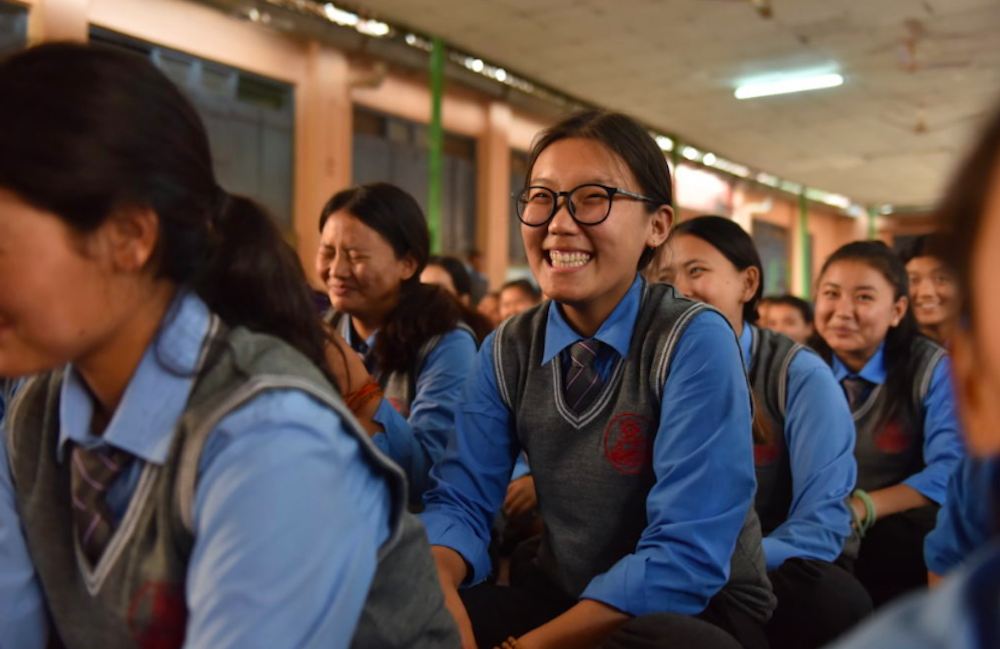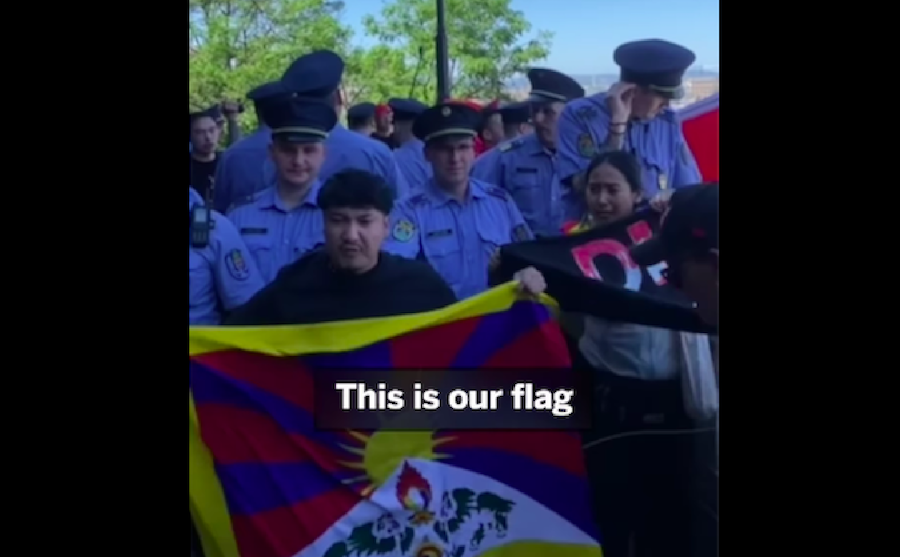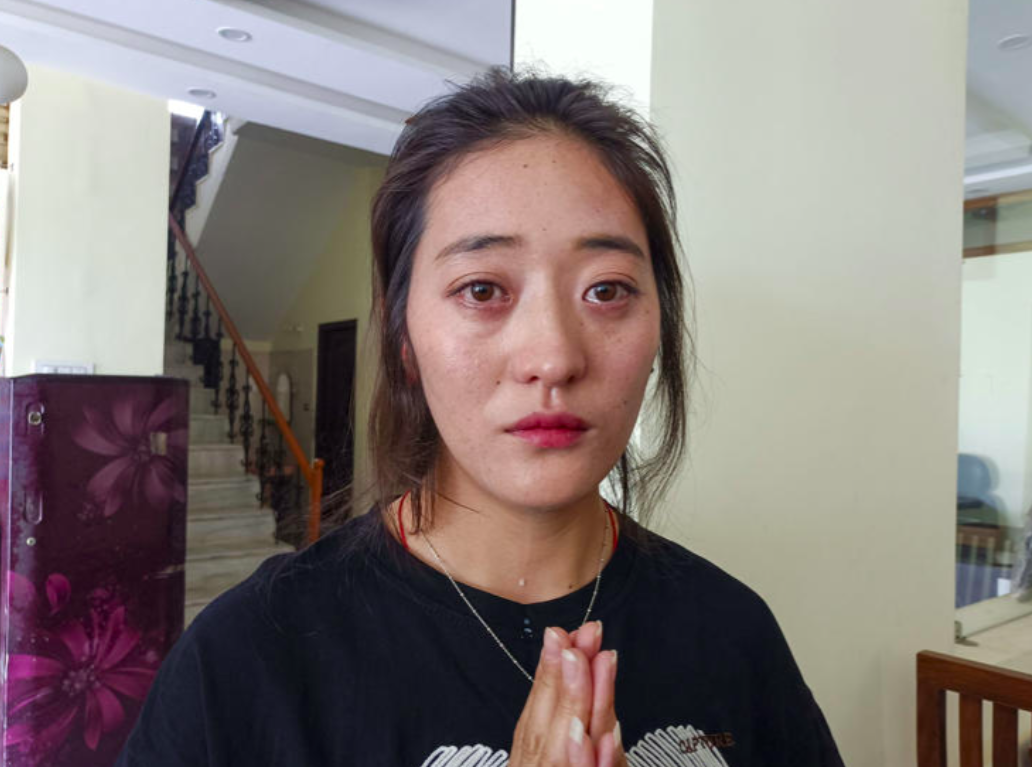PRAGMATIC APPROACH: The party said strengthening ties with Mongolia is a good move and that means having to delete outdated laws that pertain to Mongolians
By Lin Mei-chun
“The party has accepted the international reality to recognize Mongolia as an independent sovereign state. The belief that Mongolia is a part of the ROC is self-deception.” – Lee Ying-yuan, DPP deputy secretary general
The DPP says it fully supports the Cabinet’s decision to abolish laws governing Mongolian affairs, saying that recognizing Mongolia as an independent state will help strengthen ties between the two countries.
Last September, the Ministry of Foreign Affairs announced that it would recognize Mongolia as an independent country — separate from China — 82 years after that country declared its independence. But to make the decision legal, the relative laws would have to be revised.
On Wednesday, the Executive Yuan proposed abolishing the organization laws governing Mongo-lian tribes which were passed in 1931, back when the KMT ruled the Republic of China (ROC) on the mainland.
The Cabinet argues that the move to scrap the statutes is logical since the ROC no longer has jurisdiction over the territory.
The proposal will be forwarded to the legislature for review.
The Cabinet has also proposed amending the bylaws of the Statue Governing the Relations Between the People of the Taiwan Area and the Mainland Area to exclude Mongolia from the statute.
The Cabinet says the revision will help forge an equal relationship between the two states.
DPP Deputy Secretary General Lee Ying-yuan said yesterday that “the party has accepted the international reality to recognize Mongolia as an independent sovereign state. The belief that Mongolia is a part of the ROC is self-deception.”
The DPP hopes that officially recognizing Mongolia will help to expand economic and trade interchanges between the two sides, he added.
Lee said that the revision of the statute to enable the government to deal with Mongolian affairs in accordance with international law was “pragmatic.”
Mongolia, also known as Outer Mongolia, declared independence from China in 1921 and in 1961 became the 191st member of the UN, under protection from the Soviet Union. It has official diplomatic ties with 144 nations.
However, the foreign ministry’s move has sparked debate over whether recognition of Mongolia is a constitutional issue requiring the National Assembly’s approval.
Premier Yu Shyi-kun has said he does not consider the matter a constitutional issue.
“There is no need for Taiwan to go against the international reality” because Mongolia was not part of the ROC’s territory when the Constitution was ratified in 1947, Yu said on Wednesday
The government has already set up a representative office in the Mongolian capital of Ulan Bator and established an association for Taiwan-Mongolia interchanges.
The Cabinet on Wednesday also proposed abolishing a 1935 law governing Buddhist temples in Tibet, saying that the law goes against the principle of freedom of religion.
Lee said the DPP has long advocated freedom of religion and the separation of politics and religion.
“The abolition of the law will carry out these beliefs and forge an amicable relationship between Taiwan and Tibet,” he said.









